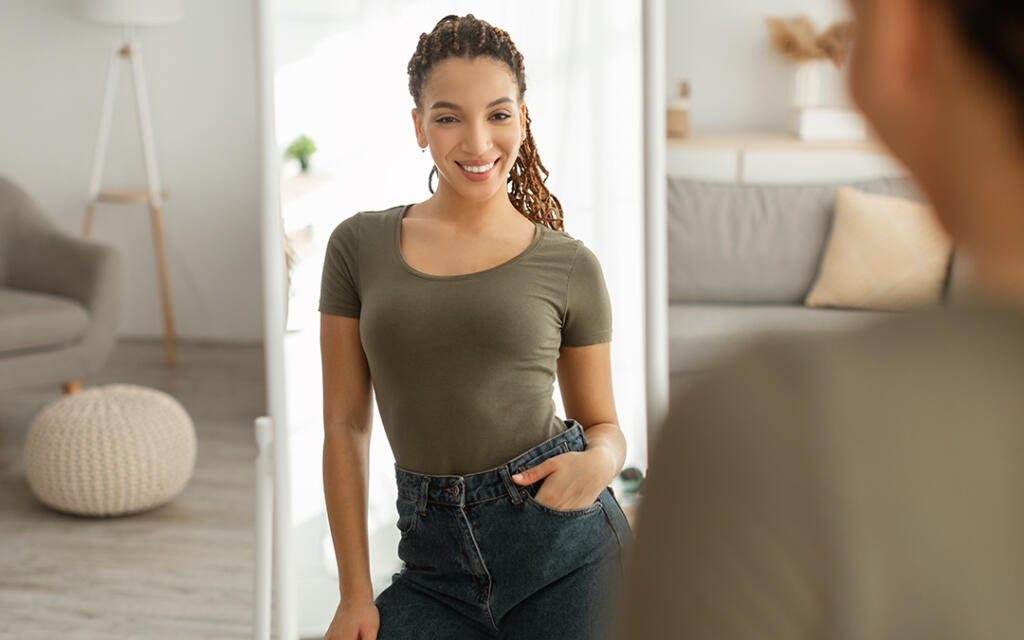
Real or Filtered? Food for Thought on the Dangers of Filters
If you’ve been on social media in the last few years, you’ve likely seen photos or videos from people with faces that appear virtually flawless and oh-so on-trend.
Perfectly shaped eyebrows, completely even skin tones, high cheekbones, thick lashes, the works. It can be helpful to keep in mind that such “perfect” photos and videos in your social media feed most likely involve filters (automated or even AI tech that can alter photos or videos to enhance or change people to make them look “better”).
Filters can be fun to use — to a point. And the goal of looking beautiful and feeling confident is one we at The Lucas Center definitely believe in. However, let’s look at some key things to keep in mind about social media filters — and why, in the long run, photo filters do not offer the real, lasting confidence you deserve.
The Gap Between the Real You and the Filtered You
There’s not a lot of research yet on how the use of filters affects our mental health. However, both mental health experts and everyday social media users are concerned about how their use emphasizes the gap between what a person looks like in real life and the way the filter makes them look “better.” The effect on younger generations who have grown up using them and use social media heavily is also a major concern.
Unfortunately, using filters repeatedly can lead to focusing on the difference — things you think are “wrong” with your appearance — rather than focusing on your actual physical beauty or any actual (not digital) changes you would like to make to enhance it. With filters, there will always be that gap between your real appearance and the digital face you show the world.
It’s important to note that changing yourself isn’t the problem here. If something bothers you, there’s no shame in opting to change or enhance it with things like makeup, clothing, or cosmetic or plastic surgery! Filters, on the other hand, are making people feel they have to change everything and conform to unachievable beauty standards that will only change again in the near future.
Unrealistic, Ever-Changing Trends
Filters reflect fleeting trends. Think for a minute about how beauty trends have changed over your lifetime. Take, for example, eyebrows. Remember the pencil-thin eyebrows of the 90s? In contrast, you’ve probably noticed in recent years that thicker, fluffier eyebrows have been popular. Filters convince us we have to look one way, but they just enhance features that are trending right now — and which will quickly change!
It’s important to keep perspective: your face is not “wrong” for not matching the latest trend shown on filters — a type of “perfection” no one will ever achieve.
Classic Beauty for Your Real Body
Instead of letting filters define your image, it’s better to focus on classic aspects of beauty — things like facial symmetry, healthy skin, and proportionality — which will never go out of style. And, if you feel unhappy with your face or body, it’s better to take steps to make physical changes that will help you build lasting confidence, rather than rely on AI to show the world an altered image of you.
No Shame, Real Confidence
If you’ve been using filters, hoping they’ll help you feel better about yourself, we’re not here to judge. In fact, we want you to feel empowered. That’s why, if there are areas of your face or body that bother you, we’d love to talk about better solutions. We’re all about helping our clients build real, lasting confidence — because we ALL deserve it!If you’re interested in learning more about our practice and how we might help, be sure to follow The Lucas Center on social media (links below) or check out our blog for more content like this.